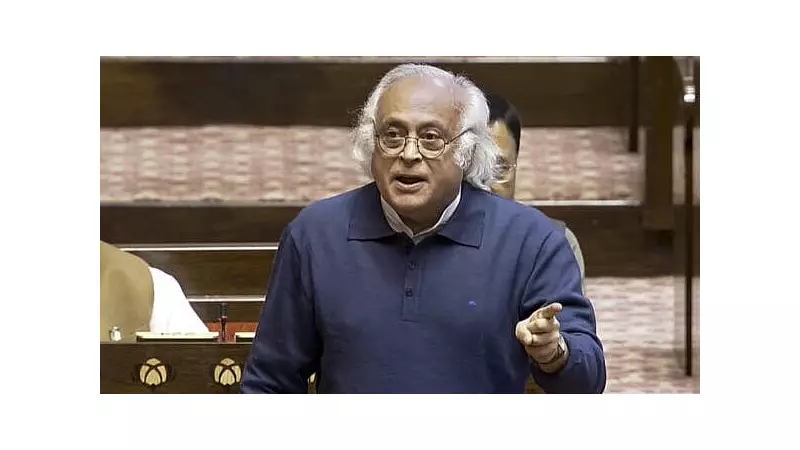
The Congress party has launched a sharp criticism against the Modi government following the Ministry of Home Affairs' clarification that the controversial Chandigarh bill will not be introduced in the ongoing Winter Session of Parliament. The political confrontation has intensified with Congress leaders accusing the ruling BJP of adopting a 'first announce, second think' approach to governance.
Political Confrontation Escalates
Congress spokesperson Randeep Surjewala led the attack against the central government, questioning why the Modi administration and BJP are acting 'inimically' toward the states of Haryana and Punjab. The statement came after official confirmation that the much-discussed Chandigarh legislation would not be part of the parliamentary agenda during the current session.
Surjewala emphasized that this development represents part of a broader 'pattern' of actions affecting both Punjab and Haryana. The Congress leader's remarks highlight the ongoing tension between the central government and these states regarding administrative matters and legislative control.
Timeline of Events and Government Response
The controversy emerged on November 23, 2025, when the Ministry of Home Affairs made the significant announcement about excluding the Chandigarh bill from the Winter Session proceedings. This decision came amid growing speculation and concern from various political quarters about the potential implications of the proposed legislation.
According to political observers, the government's sudden reversal on the bill introduction suggests either strategic reconsideration or response to mounting political pressure. The Winter Session, which typically addresses crucial legislative business, has now become the stage for this political drama surrounding the Chandigarh issue.
Broader Implications for Federal Relations
The Congress party's strong reaction underscores deeper concerns about center-state relations in India's federal structure. Surjewala's characterization of the government's approach as 'first announce, second think' reflects opposition claims of inadequate planning and consultation in policy formulation.
This incident adds to the growing list of contentious issues between the central government and states, particularly those governed by opposition parties. The pattern mentioned by Congress leaders refers to what they perceive as systematic undermining of state autonomy and disregard for regional concerns in decision-making processes.
The development has significant implications for the political dynamics in both Punjab and Haryana, where the Chandigarh issue remains emotionally charged and politically sensitive. As the shared capital of both states, any legislative changes concerning Chandigarh automatically affect both jurisdictions and their administrative arrangements.
Political analysts suggest that the government's withdrawal of the bill from the current session might represent a tactical retreat rather than abandonment of the proposal. The move could indicate either the need for broader consensus-building or recognition of the bill's potential to create unnecessary political controversy during the parliamentary session.





